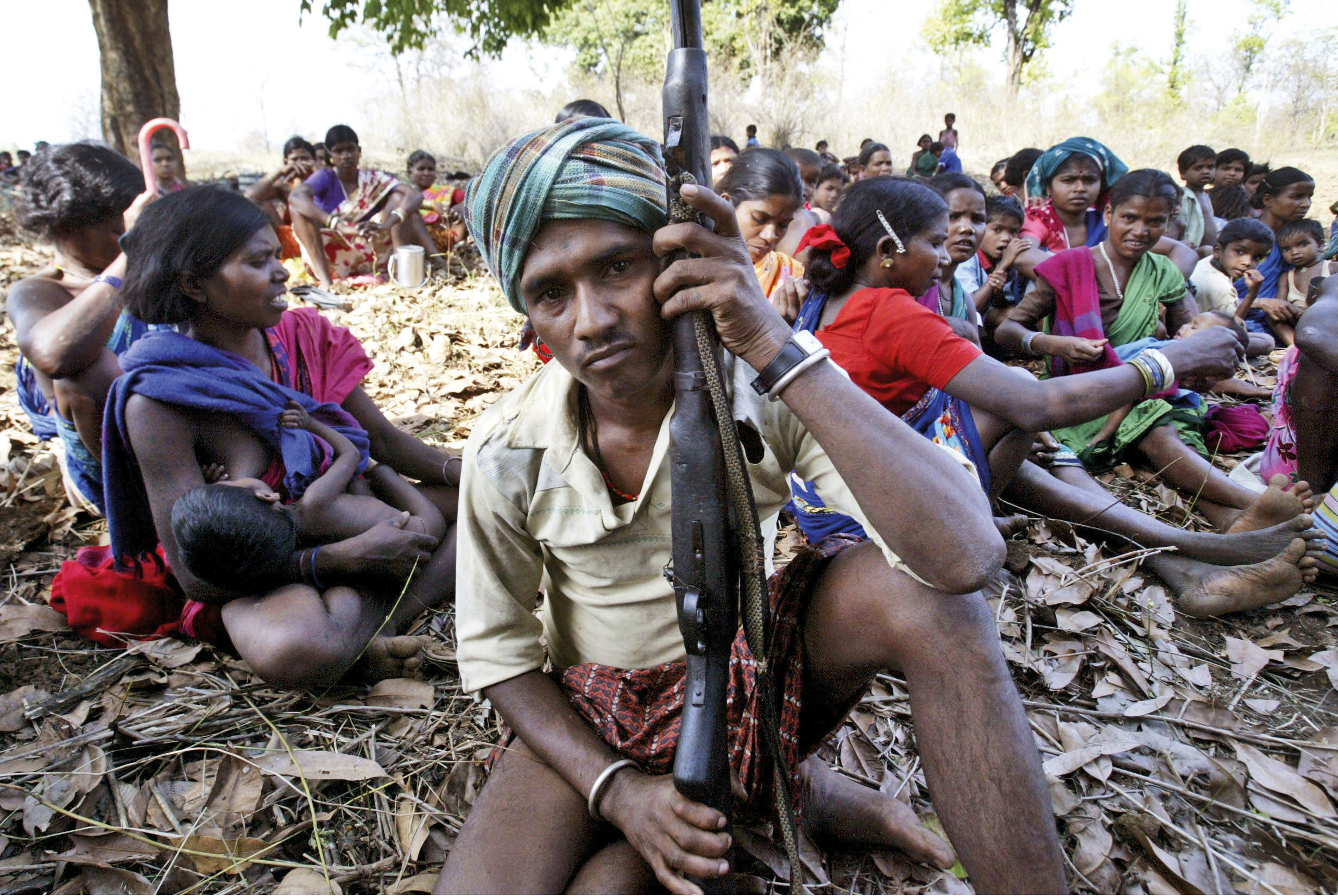
In his third novel, Neel Mukherjee conflates the themes of his previous books, A Life Apart and the Man Booker-shortlisted Lives of Others: the figure of the Indian expatriate, educated in Europe, who finds himself a “tourist in his own country”; the ongoing revolutionary Maoist-Naxalite insurgency, which started in West Bengal and has been in conflict with the Indian government since the late 1960s; and attempts by marginalised individuals to achieve self-determination despite the iniquities of a vast, raucously messy society.
It is this last element that has the greatest impact in a work of exacting, tactically brilliant, interlinked narratives. Mukherjee, born in Calcutta in 1970, homes in on the restless, the disinherited, the socially trapped, insisting that a life of dignity should be within their grasp, no matter how desperate the circumstances. Simultaneously, he subverts the expectations of these protagonists who often, in making last-ditch efforts to achieve autonomy, discover ultimately that what they most desire proves most confining. Mercilessly observant, he does not spare the reader but leavens scenes of savagery, squalor and despair with moments of rainbow vividness, all the more striking for the muddy, cacophonous backdrop from which they are brought forth.
The novel is laid out in numbered chapters, each devoted to a single personal account; peripheral characters in one story take centre stage in another and vice versa. In the opening narrative, an NRI (non-resident Indian), an academic in the US for the past 20 years, brings his six-year-old, entirely American, son to visit the Mughal imperial monuments near Agra.
En route in a sickeningly jolting taxi, they narrowly avoid witnessing the death of a construction worker who has fallen from a high-rise complex opposite their own hotel. The father is nervous; the usually chattering child listless. Among the sandstone buildings the reliefs of angels and animals appear deformed and menacing, and the pair are continually harassed by a man with “a human face on its way to becoming a fox’s, or was it the other way round?”. The entire passage hums with a cursed foreboding: the tragedy that results is abrupt, if not unexpected.
This part of the novel, and the following chapter – which features another NRI, this time a well-meaning but wilfully ingenuous young man on his annual visit to his wealthy parents’ Mumbai home – appear the most contrived, yet Mukherjee is laying the groundwork for a book that grows more urgent and compelling as it proceeds.
The fox-faced man returns in the third part, marking a deliberate tonal shift. The story of Lakshman, one half of so-called fox twins – the other half, Ramlal, having long disappeared in search of work in the city, leaving his brother to support two families – is a tortuous yet illuminating study of body and soul existing at subsistence level. Lakshman’s accidental acquisition of a bear cub, Raju, which he trains with breathtaking cruelty to “dance” for public display, his vagrancy in pursuit of his dream of liberation from generations of abject poverty, and the extraordinary portrayal of his and Raju’s increasing interdependency – these passages have a fabular quality and they form one of the most powerful sections in the book. It is equalled only by the next segment, featuring Milly, who had an earlier walk-on part.
Milly’s tale is that of two young women trying to break free from limited options. Originally from a village in West Bengal, Milly’s family converted to Christianity in order, her mother later explains, to secure more food for the children by means of the Church: “They promised a big sack of rice. It was food for a month. I had reached the limit with not having enough to feed you lot.” Milly’s brother has been permanently mutilated in an attack by Naxalites, after which Milly herself, aged eight, is sent away by her family to the first in a decade-long series of domestic “situations” as a live-in “help” – each one increasingly bizarre and dysfunctional. Mukherjee’s examination of modern slavery here is so forensic as to read as an eyewitness account, and Milly’s eventual release has the aspect of a miracle of divine intervention.
For Soni, Milly’s inseparable childhood friend who remains in the village, the treatable and yet, given their poverty, untreatable cancer of her mother and the rape of her sister lead her finally to join the Communist Party’s guerrilla movement, with pitiful consequences.
Mukherjee’s final narrative takes the form of a coda: a brief, disjointed stream-of-consciousness outburst of rage and sorrow, which ties the book together. It is Milly’s recollection of Soni’s words at their last meeting, however, that could stand as a motif for the whole novel: “‘Your life is in bits and pieces – a little bit here, a little bit there . . .’ Milly disagrees, silently, vociferously. Her life is not fragmented. To her, it has unity and coherence.”
In a significant and porous work, Mukherjee gives congruence and visibility to these fractured, hidden lives.
A State of Freedom
Neel Mukherjee
Vintage, 275pp, £16.99
This article appears in the 28 Jun 2017 issue of the New Statesman, The Brexit plague





